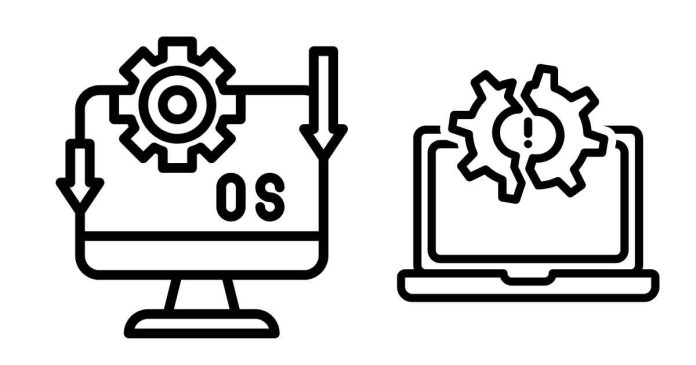Deadlock in an Operating System occurs when two or more processes are unable to proceed because each is waiting for a resource that another process is holding. This creates a cycle of dependency, preventing any of the processes from executing.
Necessary Conditions for Deadlock:
- Mutual Exclusion: At least one resource is held in a non-shareable mode.
- Hold and Wait: Processes holding resources can request additional ones.
- No Preemption: Resources cannot be forcibly taken from a process.
- Circular Wait: A circular chain of processes exists, where each process is waiting for a resource held by the next.
Solution Approaches:
- Prevention/Avoidance: Design systems to avoid the conditions causing deadlock.
- Detection and Recovery: Allow deadlocks to occur, then detect and resolve them.
- Ignoring: Assume deadlocks are rare and take no action (common in simple systems).



